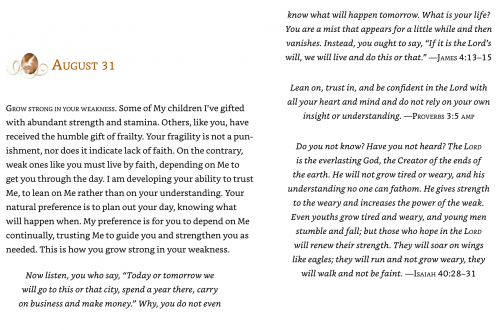
The Glory of God in Us
Monday, August 31, 2020
Today we begin with Thomas Merton’s classic description of the True Self as written following his “conversion” at Fourth and Walnut in Louisville. [1] It is so inspired; I want to quote it at length:
At the center of our being is a point of nothingness which is untouched by sin and by illusion, a point of pure truth, a point or spark which belongs entirely to God, which is never at our disposal, from which God disposes of our lives, which is inaccessible to the fantasies of our own mind or the brutalities of our own will. This little point of nothingness and of absolute poverty is the pure glory of God in us. It is so to speak [God’s] name written in us, as our poverty, as our indigence, as our dependence, as our [birthright]. It is like a pure diamond, blazing with the invisible light of heaven. It is in everybody, and if we could see it we would see these billions of points of light coming together in the face and blaze of a sun that would make all the darkness and cruelty of life vanish completely. . . . I have no program for this seeing. It is only given. But the gate of heaven is everywhere. [2]
Most people spend their entire lives living up to the mental self-images of who they think they are, instead of living in the primal “I” that is already good in God’s eyes. But all I can “pay back” to God or others or myself is who I really am. This is what Merton is describing above. It’s a place of utter simplicity. Perhaps we don’t want to go back there because it is too simple and almost too natural. It feels utterly unadorned. There’s nothing to congratulate myself for. I can’t prove any worth, much less superiority. There I am naked and poor. After years of posturing and projecting, it will at first feel like nothing.
But when we are nothing, we are in a fine position to receive everything from God. As Merton says above, our point of nothingness is “the pure glory of God in us.” If we look at the great religious traditions, we see they all use similar words to point in the same direction. The Franciscan word is “poverty.” The Carmelite word is nada or “nothingness.” The Buddhists speak of “emptiness.” Jesus speaks of being “poor in spirit” in his very first beatitude (Matthew 5:3).
A Zen master would call the True Self “the face we had before we were born.” Paul would call it who we are “in Christ, hidden in God” (Colossians 3:3). It is who we are before we’ve done anything right or anything wrong, before we even have a conscious thought about who we are. Thinking creates the separate self, the ego self, the insecure self. The God-given contemplative mind, on the other hand, recognizes the God Self, the Christ Self, the True Self of abundance and deep inner security.

Story from Our Community:
Slowly but surely, the loving and open-ended language of the daily meditations is replacing the rigid vocabulary of faith that I so readily absorbed in the earlier days of my faith. In fact, I feel that I am finally beginning to experience faith instead of just a list of things I was taught to accept. What freedom there is in this! I also appreciate how much Fr. Richard “passes the mic” to amplify other voices. I am grateful to have been introduced to Barbara Holmes, Cynthia Bourgeault, and many others. These voices help me find my own. [They] cut through the noise and help me grow from a place of deep belonging. —Alison D.